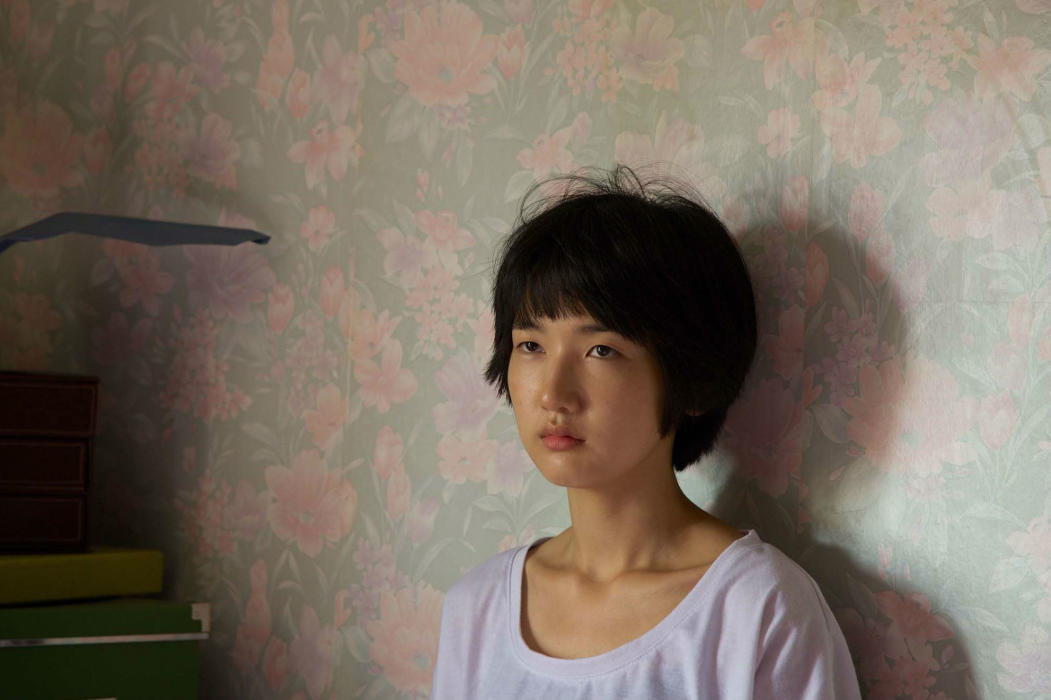Film Review: ‘In Her Place’

An urban woman arrives at a failing farm to watch and wait until an erratic teen gives birth to the child she’ll adopt in Albert Shin’s confident, acutely observed “In Her Place.” If elements of other directors come to mind — Polanski, Bergman — it’s because Canadian helmer Shin, working for the first time in his ancestral land, has co-written a script of discreet probity and quietly chilling tension, about three unnamed women whose psychological profiles are given equal, nonjudgmental weight. A healthy, award-wining fest life may presage a place on arthouse screens, though critical push will be necessary for the film to go far beyond VOD.
Viewers can’t be faulted for questioning why the characters aren’t assigned names: It’s one of the few missteps here, and while the rationale was possibly to lend the story some sort of universality, the concept is upended by the very welcome specificity given each role. Those coming in without any knowledge of plot have the added benefit of being satisfyingly intrigued by the initially cryptic relationship between the four figures.
A couple from the city arrives at a rundown farm: He (Kim Kyung-ik) can only stay a short while, but she (Yoon Da-kyung) is preparing to bunk down. Her hostess (Kil Hae-yeon) is obsessively deferential and good-natured to the couple, but there’s a major source of tension with her teen daughter (Ahn Ji-hye). As viewers try to piece together the relationships, they pick up on clues, such as the way the wife appears uneasy, always solicitous and ultra-watchful, yet also as if she’s the boss. Then it comes together: The woman is planning to adopt the pregnant teen’s baby, and is there to ensure decent prenatal care.
The rapport between mother and daughter is fraught with conflict: The unsuccessful farm is a symbol of the widow’s romantic notions gone to seed, and the fee she’ll receive to give up her grandchild should be enough to set them up with a new life. But the teen is diffident, unwilling to accept her mother’s ban on seeing her b.f. (Kim Chang-hwan), and looking for ways to sabotage the deal. As the days go on, her behavior becomes increasingly unstable, and when the woman realizes she’s been eating things like grouting and wood splinters, she refuses to let her out of her sight.
What starts as a film focusing more on the two adult women gradually shifts to the daughter, a passively combative, strong-willed figure of deep immaturity (especially evident in a playful scene with her forbidden b.f.). Her mother has little insight into her daughter’s character, instead intent on transforming the “shame” of teenage pregnancy into a ticket out of her own stalled life. Into this nervous mix comes the woman, left on her own, emotionally fragile due to her inability to conceive (she’s had a miscarriage), and feeling like a fish out of water in this rural environment.
Trimming the running time would eliminate occasional longueurs, and there’s a very unnecessary dream sequence, not to mention a disturbingly graphic finale that will sharply divide audiences. Until those late scenes, the steady buildup of pressures makes for a quietly absorbing psychodrama that showcases the sterling trio of actresses, whose three-way clashes — often silent, consisting of glances and body language — create an atmosphere of troubling apprehension.
Intimate visuals keep the flexible camera conspicuous without being oppressively close to the protags, whose behavior generates its own inescapable sense of oppression. Natural lighting can tend toward the dark side at times, and great care has been taken with the understated soundscape.
Related stories
Film Review: 'Memories on Stone'
Get more from Variety and Variety411: Follow us on Twitter, Facebook, Newsletter
